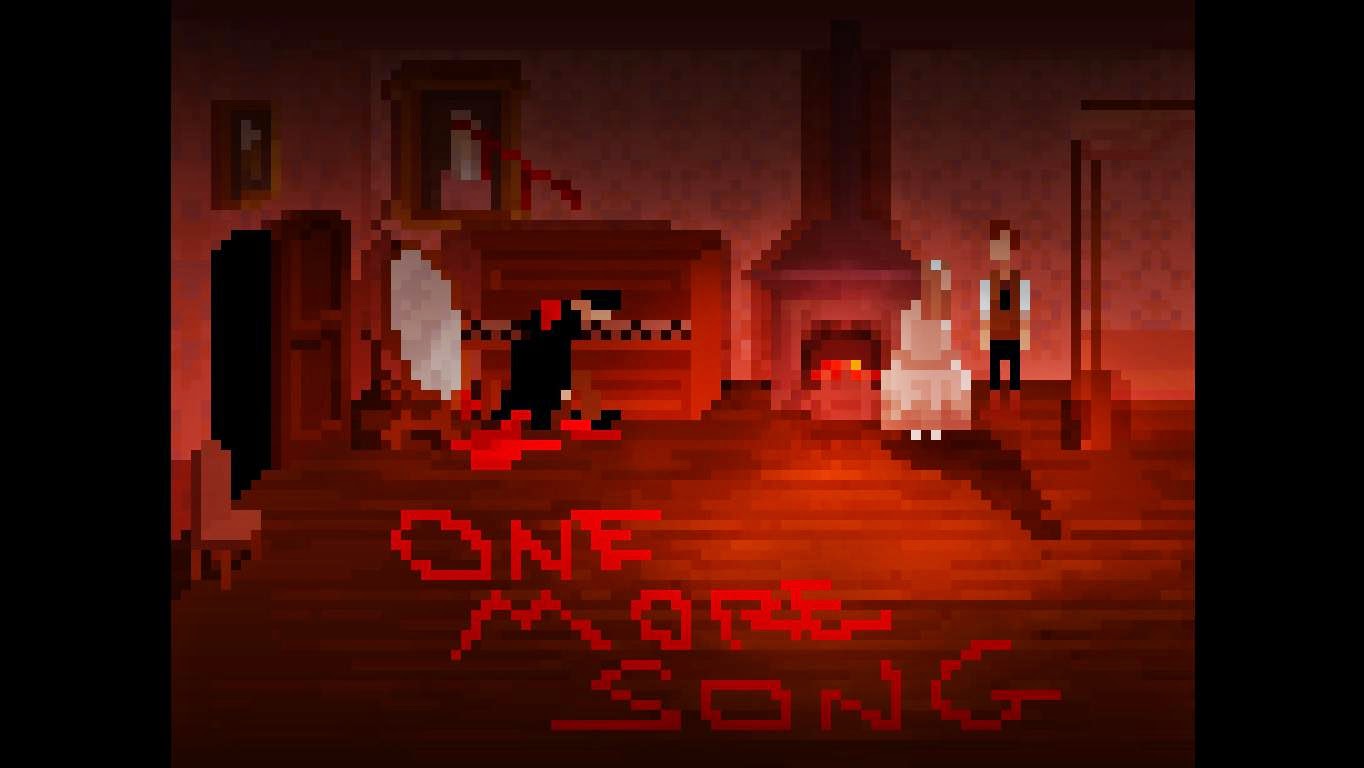This is the second round of Pic of the day RECAP (6-10). To understand what all of this is about, check out the original entry.
6 - The Secret World: The end of the world waits for no man
The end of the world is the passage of time and what it comes with it: decadence, death, oblivion. Furthermore, only the signs of ageing prove the existence of the passage of time. The statement is partially wrong nonetheless: it waits for no man, indeed, but also for no animal, object, building or custom. In any case, there are still the possibility of (more or less) good outcomes after the end of the world: you can be turned into a myth, a social institution or cultural heritage.
7 - Amnesia: Oh my... so Babylon shall fall, you say
We could interpret Babylon as the reflection of world's evil. But the ancient city's metaphorical prowess shouldn't be circumscribed to evil. Babylon is everything - a marriage, a car, a government, a culture, a theory - that was, is and will be. It's another word to describe gravity: they all rise and, sooner or later, shall fall.
8 - The Last Door: One more song
One more song. One more episode. One more play. One more cup of tea. One more kiss. One more bit of chocolate. One more joke. One more apricot. One more cigarette. One more pint. One more one more... No matter what 'one more' you ask for. One more and it will finally kill you.
9 - Assassin's Creed: Nothing is true, everything is permitted
The assassin's rule of conduct is formed by two different, not necessarily related, statements. The first one, nothing is true. I would be tempted to say the sentence is true, but then it wouldn't be true what I was saying. Let's try a Foucaldian approach: we are faced with games of truth. Regimes of what can be said and what can be seen within specific conditions of possibility. In fact, the second statement, everything is permitted, is a gentle reminder of the contingent nature of those regimes of truth: it's what incites us to push the limits of thought and overcome the current conditions of possibility (creating new ones).
The dark, forgotten and damp - because everything in Lovecraft's universe is clammy - village of Innsmouth represents the uncharted territory of the unknown. From time to time we receive clues of those unheard realities in the shape of phone calls, hunches, whispers, premonitory dreams or letters to the editor. Seldom do we notice those signs, but eventually someone will do and Innsmouth will have to change its location.
Previous entries:
Videogames and Sociology: Twitter's pic of the day summary (1-5)
The end of the world is the passage of time and what it comes with it: decadence, death, oblivion. Furthermore, only the signs of ageing prove the existence of the passage of time. The statement is partially wrong nonetheless: it waits for no man, indeed, but also for no animal, object, building or custom. In any case, there are still the possibility of (more or less) good outcomes after the end of the world: you can be turned into a myth, a social institution or cultural heritage.
7 - Amnesia: Oh my... so Babylon shall fall, you say
We could interpret Babylon as the reflection of world's evil. But the ancient city's metaphorical prowess shouldn't be circumscribed to evil. Babylon is everything - a marriage, a car, a government, a culture, a theory - that was, is and will be. It's another word to describe gravity: they all rise and, sooner or later, shall fall.
8 - The Last Door: One more song
One more song. One more episode. One more play. One more cup of tea. One more kiss. One more bit of chocolate. One more joke. One more apricot. One more cigarette. One more pint. One more one more... No matter what 'one more' you ask for. One more and it will finally kill you.
9 - Assassin's Creed: Nothing is true, everything is permitted
The assassin's rule of conduct is formed by two different, not necessarily related, statements. The first one, nothing is true. I would be tempted to say the sentence is true, but then it wouldn't be true what I was saying. Let's try a Foucaldian approach: we are faced with games of truth. Regimes of what can be said and what can be seen within specific conditions of possibility. In fact, the second statement, everything is permitted, is a gentle reminder of the contingent nature of those regimes of truth: it's what incites us to push the limits of thought and overcome the current conditions of possibility (creating new ones).
10 - Call of Cthulhu: Dark Corners of the Earth: Innsmouth? Never heard of it
The dark, forgotten and damp - because everything in Lovecraft's universe is clammy - village of Innsmouth represents the uncharted territory of the unknown. From time to time we receive clues of those unheard realities in the shape of phone calls, hunches, whispers, premonitory dreams or letters to the editor. Seldom do we notice those signs, but eventually someone will do and Innsmouth will have to change its location.
Previous entries:
Videogames and Sociology: Twitter's pic of the day summary (1-5)












0 comments:
Post a Comment